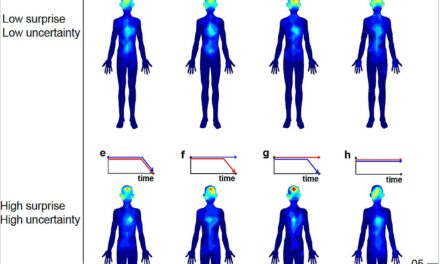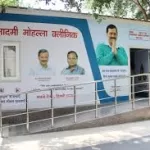A groundbreaking study from Thailand presented at the World Congress of Nephrology suggests that incorporating salt meters into food preparation could significantly aid in reducing sodium intake and controlling arterial hypertension, particularly in community settings. The study, led by Surasak Kantachuvesiri, MD, PhD, associate professor of nephrology at the Faculty of Medicine Ramathibodi Hospital, Mahidol University, highlights the potential of this approach in combatting health issues associated with excessive sodium consumption.
Dr. Kantachuvesiri emphasized the importance of salt reduction, stating, “It is very important for people to reduce salt intake.” The salt meter, he explains, offers a practical solution by allowing individuals to monitor and gradually reduce their sodium intake over time, thereby adjusting to meals with lower sodium content.
The salt meter used in the study provides immediate feedback on salt concentration in liquid solutions through facial expressions, simplifying the process for users. This innovation holds promise for Asian countries, where a significant portion of sodium intake comes from homemade soups, sauces, and broths. However, Dr. Kantachuvesiri suggests its potential applicability in Western countries as well, given the widespread consumption of soups.
In a randomized study involving participants with arterial hypertension, the integration of salt meters into dietary education led to significant reductions in blood pressure and urinary sodium excretion after just 8 weeks. Building on this success, a subsequent randomized controlled trial involving 219 participants further demonstrated the effectiveness of this approach in a community setting.
Participants who received a comprehensive intervention package, including education on sodium intake risks, low-sodium food recommendations, and access to salt meters, showed notable reductions in urinary sodium excretion and systolic blood pressure compared to the control group. This comprehensive strategy aims to promote health literacy and encourage the adoption of low-sodium diets within communities.
While the results are promising, some experts express concerns about the practicality of implementing salt meters on a wider scale, particularly in Latin America. Dr. Gerardo Gamba Ayala, a nephrologist, highlights the challenges of measuring sodium content in solid foods and suggests alternative strategies, such as increasing potassium chloride content in salt.
Despite these concerns, Dr. Kantachuvesiri remains optimistic about the long-term benefits of incorporating salt meters into dietary interventions. He stresses the need for further research to assess the sustained impact of this approach across different populations.
The study’s findings underscore the potential of innovative tools like salt meters to empower individuals and communities in managing their health effectively, paving the way for improved cardiovascular outcomes and reduced hypertension rates worldwide.











